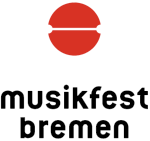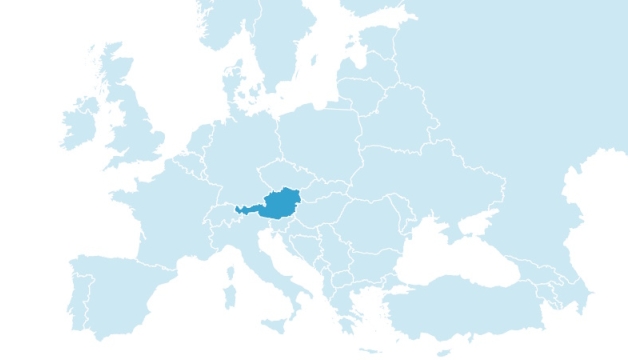Mythos Europa – Sounds of Europe
MYTHOS EUROPA – SOUNDS OF EUROPE
Europe’s spirit is rooted in antiquity and the name of our continent has been associated with the mythological figure of Europa since antiquity. According to the legend, she lived on the coast of what is now Lebanon as the daughter of a Phoenician king. Zeus, father of gods abducted her to Crete, where she was to give her name to the entire continent. One of the most important concepts that was spread around the world in connection with the »Myth of Europe« was that of democracy! However, since the end of the Middle Ages, the arts, and above all music, have also played a central role in Europe’s cultural identity. Under the title »Mythos Europa – Sounds of Europe«, the festival has cast a musical spotlight on a neighbouring country since 2021. After Belgium, the Netherlands and Italy in previous years, the focus is now on Austria.
Austria, first mentioned in its Old High German form »Ostarrichi« in 966 and from the early Midle Ages onwards also given the Latin name Austria, was elevated to an independent duchy in the Holy Roman Empire in 1156. In 1246, the House of Habsburg triumphed in the fight for supremacy – and would determine the fate of Austria until 1918. Emperor Maximilian’s decision to move the court from Innsbruck to Vienna in 1498 also gave birth to the Wiener Hofmusikkapelle and the Vienna Boys’ Choir. From then on, music was used by the Habsburgs for prestige, as an expression of the power and splendour of the imperial court. Under their continued rule, Vienna developed into a music metropolis from the 17th century onwards alongside Paris, Naples and London In the course of the 18th century, the court gradually withdrew its support for music, but by then the nobility and the wealthy bourgeoisie had long determined the patronage of musical life. By 1750, Vienna was already the largest city in the German-speaking world with 175,000 inhabitants, and the golden age of the First Viennese School, the »Wiener Klassik«, had started! Mozart, Haydn and Beethoven were the key composers whose innovations in symphonies, operas, church music, string quartets and piano sonatas had a lasting influence on this era and thus on music all over Europe. In the Romantic period, composers such as Franz Schubert, Johannes Brahms and Anton Bruckner took over the reins. At the same time, the Viennese operetta developed as a new genre of music theatre, based on the model of the French opéra bouffe by Jacques Offenbach. Central to this were – of course – the members of the Strauss dynasty. After Gustav Mahler, who marked the threshold between late Romanticism to the Neue Musik, the »Second Viennese School« with Arnold Schoenberg, Anton Webern and Alban Berg shook up the music world from Austria, and not for the last time...
Many of the programmes tell the story of these closely interwoven genres in the Danube Monarchy - with the very best one could wish for in each of genres. The special concert with the West-Eastern Divan Orchestra already draws an arc from Brahms' romantic violin concerto to Schönberg's »Pelleas und Melisande«, revealing a sensual and opulent masterpiece on the threshold of modernity. While Quatuor Ebène and the Spunicunifait Quintet unearth treasures of chamber music, Il Pomo d'Oro and Maxim Emelyanychev combine two Mozart symphonies with one of his most popular piano concertos. The National Youth Orchestra of Germany and the World Youth Choir juxtapose Beethoven's famous Ninth with a new composition Tan Dun dedicated to it. Le Concert de la Loge and Julien Chauvin as well as the B'Rock Orchestra and René Jacobs invite you to listen to Haydn's »Creation« and Beethoven's »Missa solemnis«, two of the most important sacred works of the First Viennese School. And with Marc Minkowski and his Musiciens du Louvre, we have the most famous Viennese operetta par excellence, »Die Fledermaus«!
Of course, current representatives of Austrian music will also be present. During the opening night, the young Viennese pianist Lukas Sternath, winner of the 2022 ARD Competition, will present himself. In addition to Handel, Bach and Mozart, baritone Georg Nigl also finds room for the typical Viennese songs of Georg Kreisler in his »Musical Salons«. The St. Florian Boys' Choir, founded in 1071 and thus far older than their Viennese counterparts, will in turn honour the 200th birthday of Anton Bruckner, one of the most famous members from their rich history.
Lukas Sternath
Sa 17.08 / 20h30 »Eine große Nachtmusik«
Sa 17.08 / 22h00 »Eine große Nachtmusik«
Georg Nigl
Th 22.08 / 18h30 »Musikalischer Salon I«
Th 22.08 / 21h00 »Musikalischer Salon II«
St. Florianer Sängerknaben
Tu 03.09 / 19h30 »Happy Birthday, Anton!«
We 04.09 / 19h00 »Happy Birthday, Anton!«







